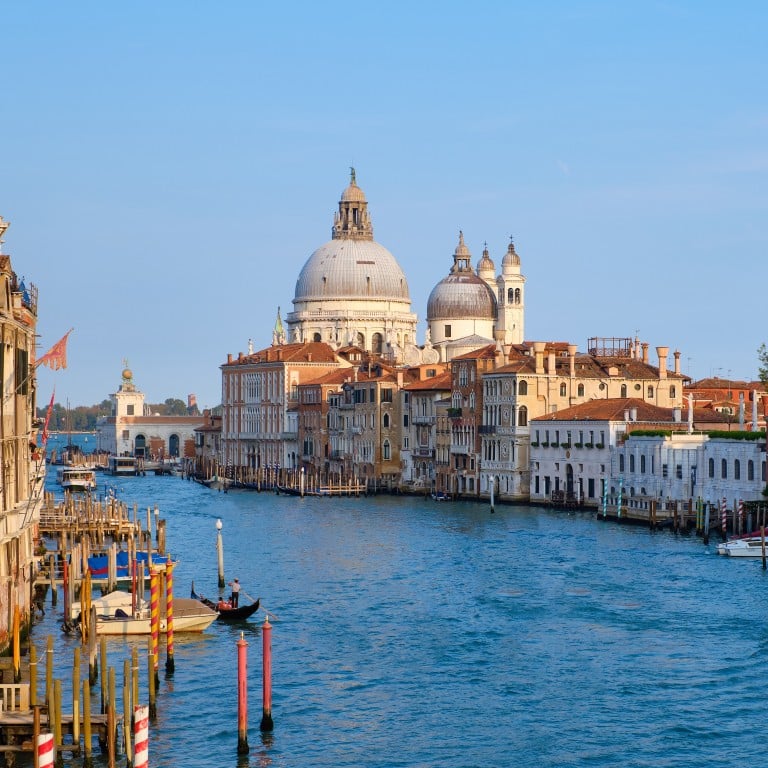
The canals of Venice run clear as coronavirus halts traffic, bringing back ‘lagoon waters of ancient times’
- The popular tourist destination is in lockdown, with visitors staying away and residents self-isolating
- An absence of boats has caused the once turbid waters to clear, revealing fish populations
It doesn’t seem like much of a silver lining, perhaps, but locked-down Venice has rediscovered “the purity of its canals,” according to local newspaper La Nuova di Venezia e Mestre, “with fish making their reappearance in many of them.”
The coronavirus emergency has not only halted the influx of tourists – a usual March would see almost 700,000 arrive on cruise ships or otherwise – but also restricted residents to isolation at home, resulting in hardly any need for the water traffic that is the lifeblood of the busy Italian lagoon city. As well as a clearing of the air, the absence of vaporetti (water buses), cruise ships, ferries and other motor boats has resulted in a massive reduction in polluting discharge from engines, which also churn up sediment, clouding the water and making it turbid.
The change has brought “back the lagoon waters of ancient times, those of the post-war period, when it was even still possible to bathe in the waters of the canals,” according to La Nuova.
“Even the streams around Piazza San Marco, usually particularly cloudy, due to the traffic of boats, taxis, as well as gondolas, have regained their clarity. And the lagoon ecosystem [is] showing evident signs of regeneration.”
“Because one thing, over the days, emerges with ever greater clarity and awareness,” concludes the newspaper, “after the Coronavirus emergency, nothing will be as before. And Venice is no different.”

